The classical performing arts of India, with millennia of antecedents, languished during the colonial period and were revitalized during India’s pre-Independence conscious reclaiming of heritage. The efforts of many great individuals in sustaining and reconstructing traditions played a vital role in contributing to this vital aspect of national identity. Post Independence, these arts contributed to a sense of national integration as they were embraced by exponents from regions and communities beyond the original parameters of location, language, religion or caste. The last quarter of a century has seen these classical genres draw increasing numbers of exponents from beyond India’s borders and widely diverse communities within India. This book originated from the issues of Indian classical performing arts in the world context of presentation, performance, training and learning traditions in today’s milieu by students and artists from non-traditional backgrounds. Many of the ideas presented here were first shared during seminars in the 90’s bringing together artists, gurus, and arts scholars, in conjunction with a unique series of classical Indian dance and music festivals that changed the perception that non-Indian practitioners of these arts could be regarded as artists and not simply students. The concept of the Videshi Kalakar Utsavs (Festivals of Dance and Music by artists on non-Indian origin), was reflected in some of the Art Without Frontiers: Indian Arts on the Move seminar issues as audiences in India experienced the performances of artists who learned their art forms after spending their formative years in another culture. How are they drawn to the tradition? How do they enter into the tradition? How does any student in modern times enter? In the first seminar, Pt. Ravi Shankar related the story of his guru’s reaction to hearing about the first flight to moon, "so many miles up", he asked, "but how far down have we gone into the sea? Though we haven’t gone as far down as we’ve gone high, it is much more difficult to go deep." Artistsw are drawn to a particular aesthetic genre because of inner resonance with the form, which crosses boundaries of region and even nationality. The sadhana of an artist is inherently difficult and success of a performer uncertain, more so for those born outside the tradition who leave the security of their home culture. Just as many of the leading Western classical Ballet and Modern dances are from Asia, traditional Indian classical dance forms are also becoming international as boundaries fall between borders and arts.
The Performing Arts of India: Development & Spread Across the Globe
In stock
Free & Quick Delivery Worldwide
reviews
Bibliographic information
Title
The Performing Arts of India: Development & Spread Across the Globe
Author
Edition
1st ed.
Publisher
ISBN
8187226943
Length
210p., Plates; Appendices; Glossary; 27cm.
Subjects

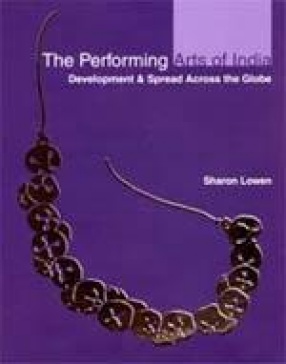
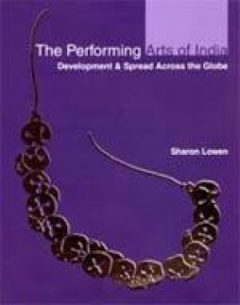
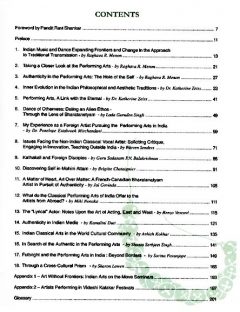
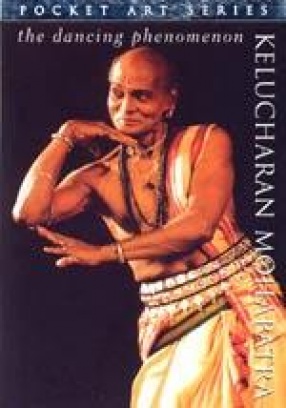
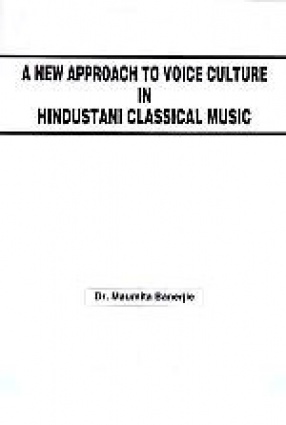
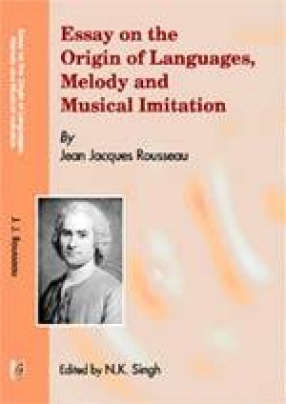
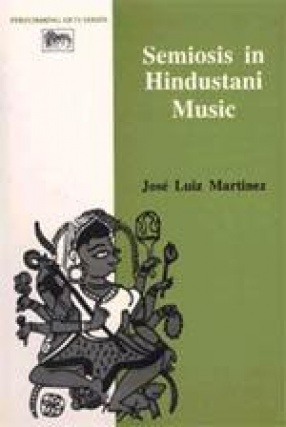
There are no reviews yet.